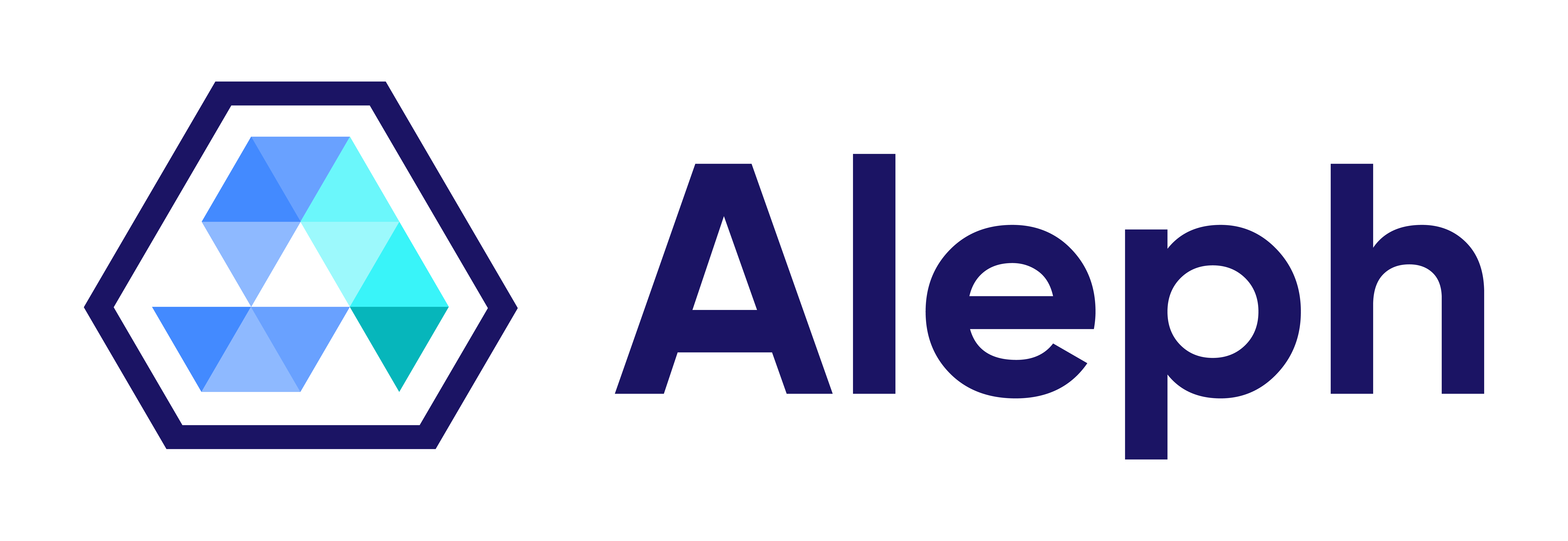Aleph Technologies is on a mission to redefine process optimisation in industrial manufacturing. Their AI-powered software platform, powered by process digital twins, helps chemical manufacturers and operators troubleshoot issues, discover optimal setpoints, and make faster, smarter decisions.
Project role: Integrated Modelling and Optimisation Framework for Complex Processing Facilities
They are seeking a Modelling and Optimisation Engineer who combines chemical/process engineering fundamentals with software development skills. In this hybrid role, you will develop and implement first-principles and data-driven/machine-learning models, contribute to building scalable software modules, and help deploy real-time optimisation and control tools into enterprise environments.
Key Responsibilities
1. Process Modelling & Simulation
-
Develop and validate first-principles mechanistic models using thermodynamic and kinetic principles.
-
Simulate steady-state and dynamic chemical processes to support plant design and control decisions.
-
Collaborate with domain experts to translate operational challenges into digital models.
2. Software Engineering & System Development
-
Implement process models into modular, reusable software components using object-oriented programming (primarily Python).
-
Collaborate with the broader software engineering team to integrate models into the platform architecture.
-
Contribute to system architecture discussions, ensuring that code is scalable, maintainable, and testable.
-
Build automated pipelines for model training, validation, and deployment, including versioning and rollback capabilities.
3. Data-Driven Optimisation & ML Integration
-
Combine mechanistic and machine learning models for hybrid modelling and prediction.
-
Use advanced optimisation techniques (e.g. linear, non-linear, MILP, MPC) to recommend real-time decisions.
-
Work closely with ML engineers to deploy models and continuously improve performance with new data.
4. API Development & Integration
-
Support development of internal APIs that connect models with user interfaces, visualisation tools, and plant data systems.
-
Ensure that models can run in near-real-time environments and integrate with third-party data sources (e.g. historians, SCADA, or MES).
5. Collaboration & Agile Development
-
Participate in sprint planning, code reviews, and collaborative design discussions with both product and engineering teams.
-
Document models and software modules with a focus on reproducibility, transparency, and ease of maintenance.
-
Follow agile and DevOps best practices for software release, testing, and continuous integration.

Integrated Modelling and Optimisation Framework for Complex Processing Facilities


